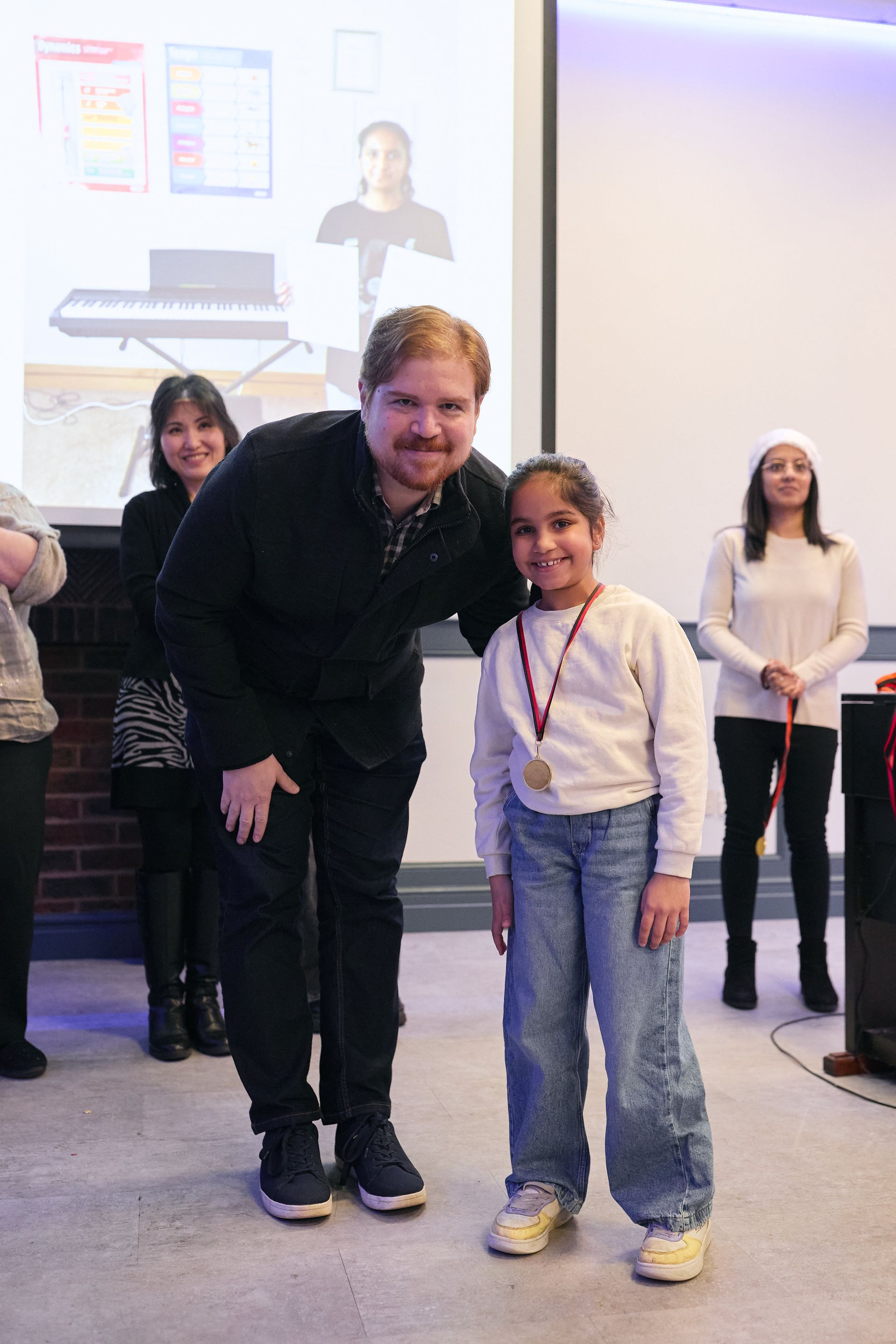Three Tips to Learn Basic Songs on the Piano
Here are three tips for a piano student aiming to learn basic songs:
Start with Simple Melodies: Begin by learning basic melodies of songs you enjoy. Start with familiar tunes that are easy to recognize and play. This helps in understanding the placement of notes on the keyboard and improves hand-eye coordination.
Learn Basic Chord Patterns: Understanding chord patterns is crucial for playing many songs. Start by learning basic chords (like C major, G major, A minor, etc.). Practice transitioning between these chords smoothly. Many songs use these basic chords in various combinations, so mastering them will enable you to play a wide range of music.
Use Online Resources and Tutorials: There are numerous online resources available, such as tutorials, videos, and apps, that cater specifically to beginners. These resources often break down songs into simpler parts, making it easier to learn step by step. YouTube, apps like Simply Piano, and websites offering sheet music or tutorials can be incredibly helpful in learning basic songs.
Learning chord patterns can be particularly beneficial because they form the backbone of many songs. Once you understand these patterns and how different chords fit together, it becomes easier to play a variety of songs. Practice regularly, take it slow, and gradually challenge yourself with more complex pieces as you progress!
If you wish to know more about these hacks and resources, feel free to take a look around our website or connect with us directly!



